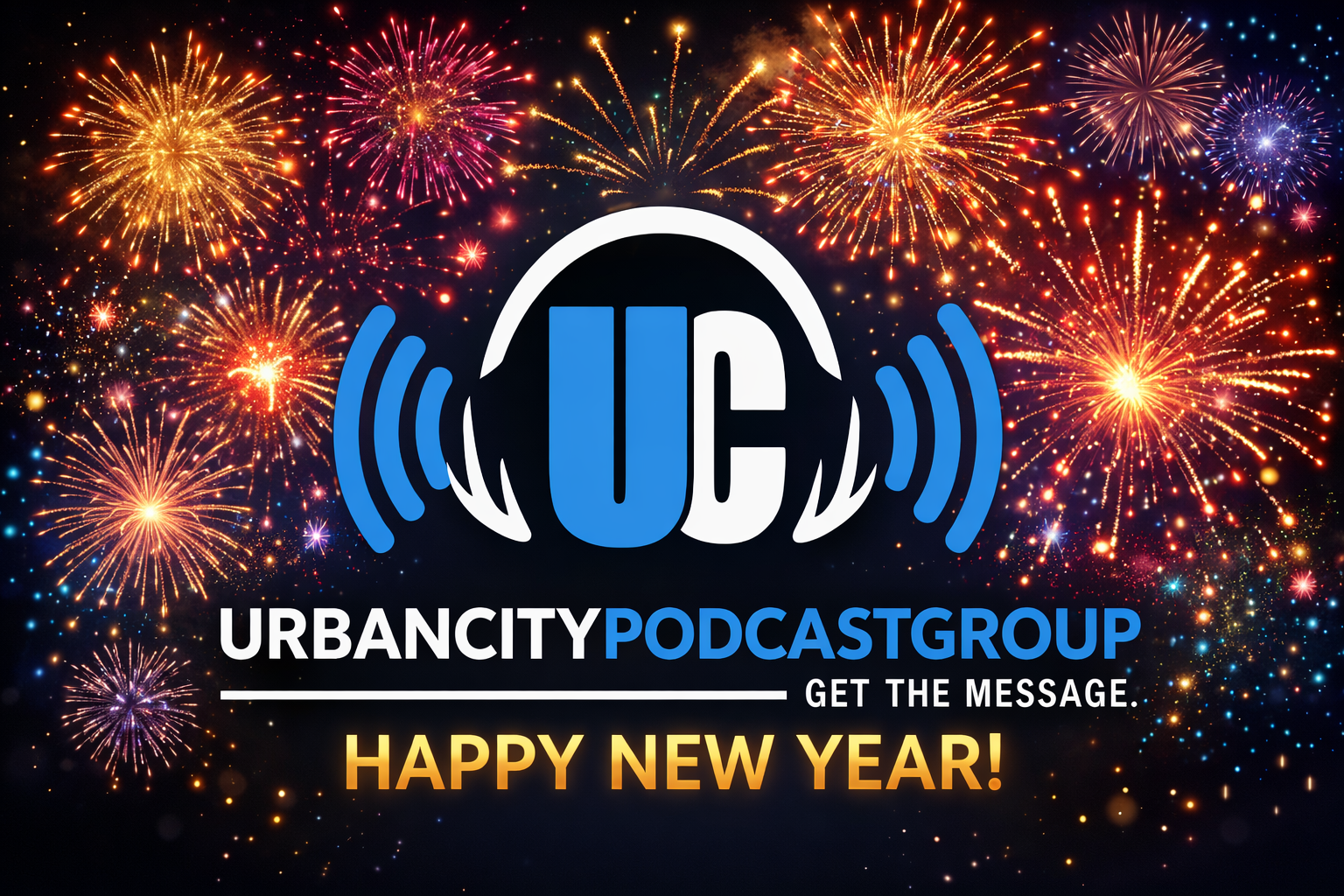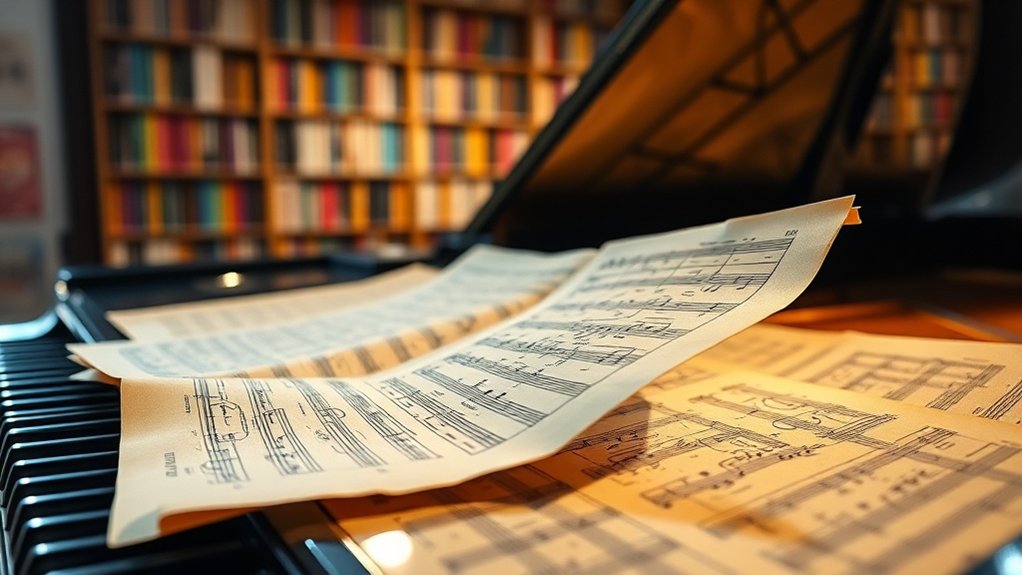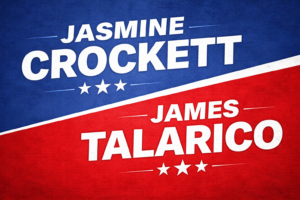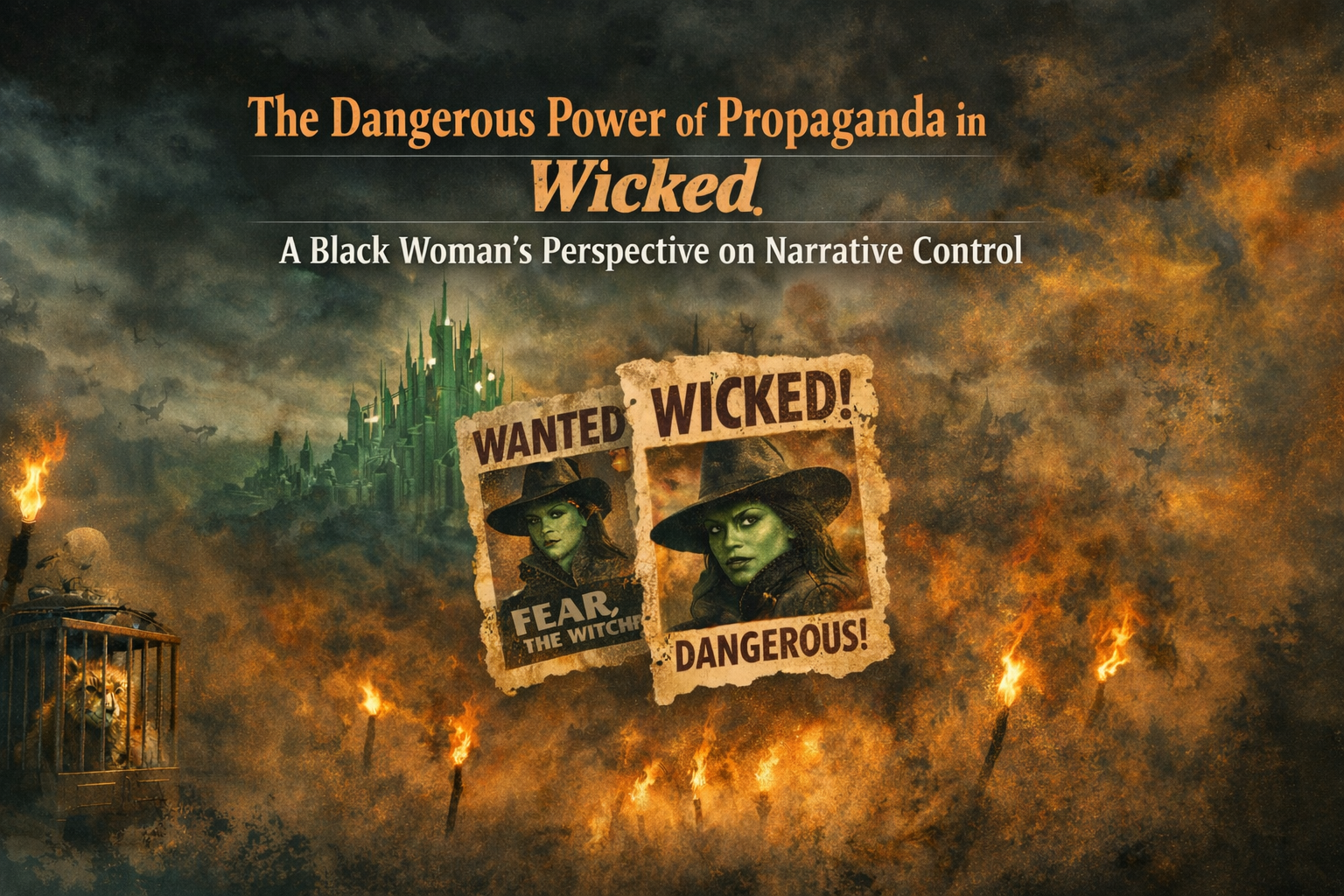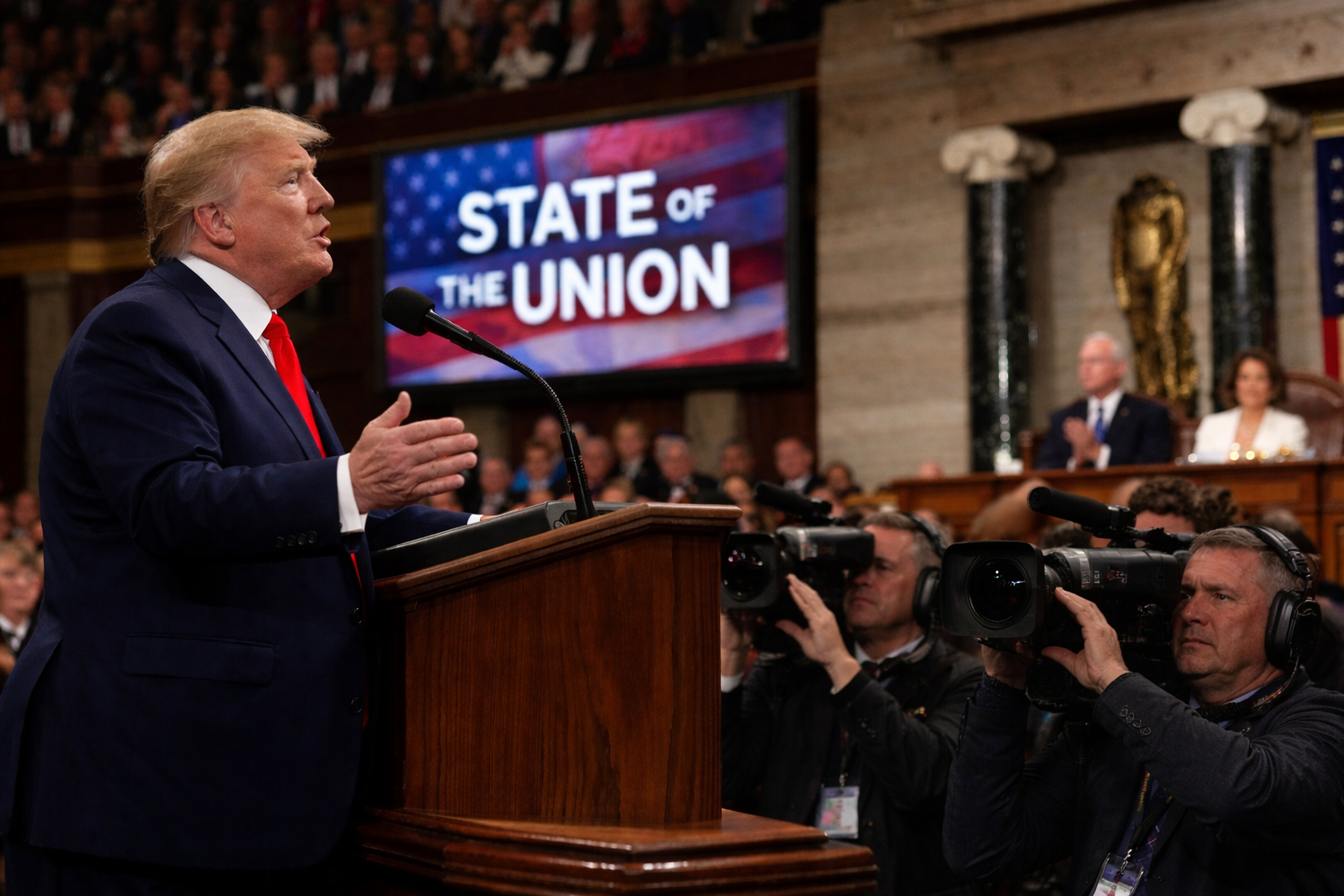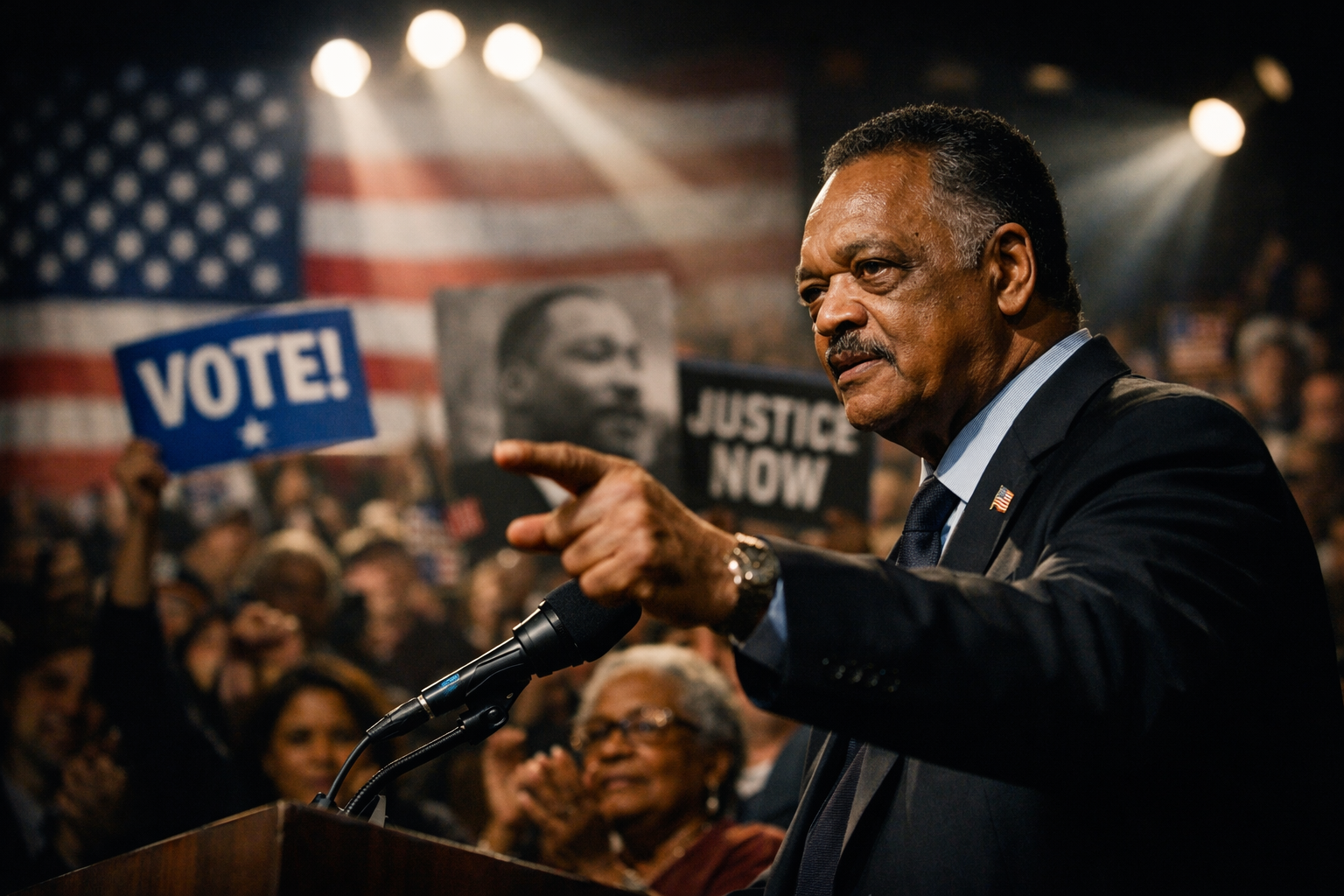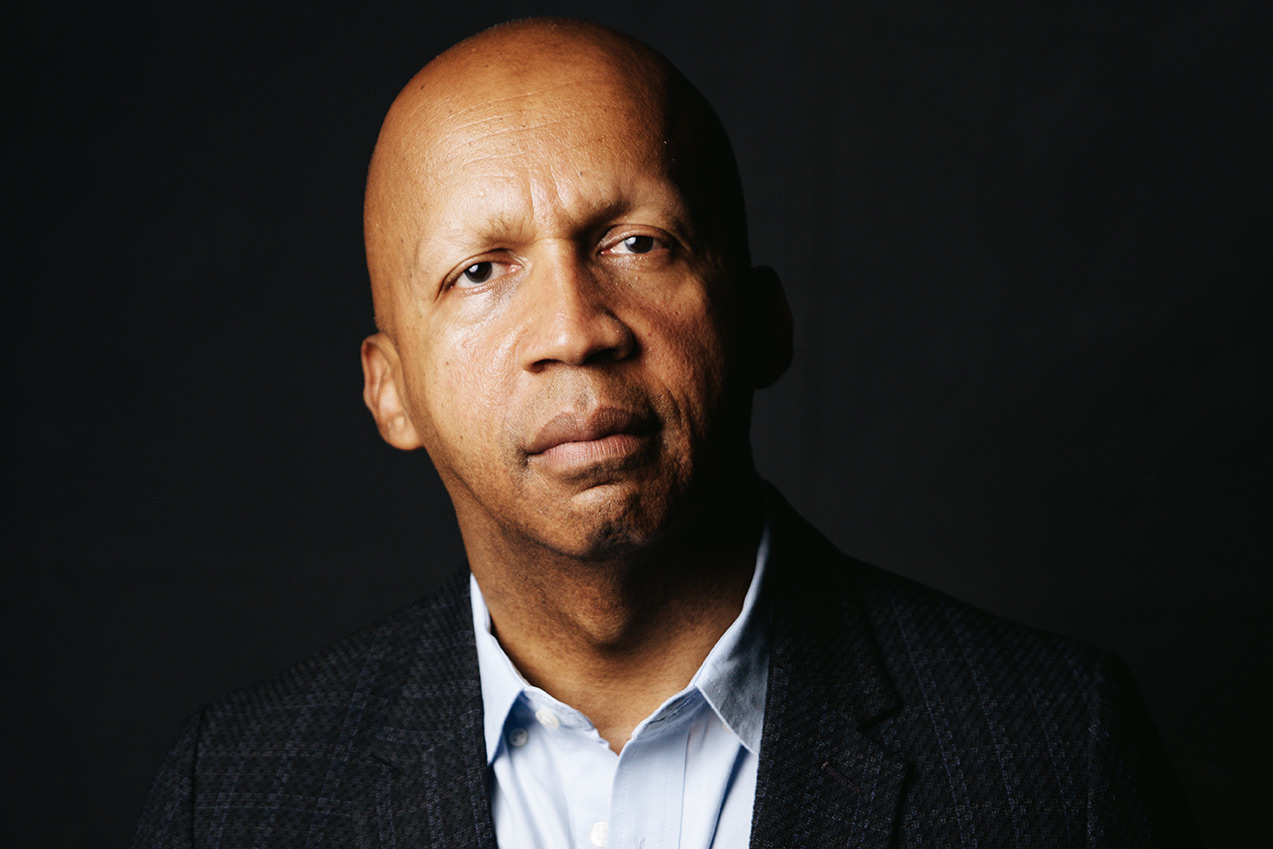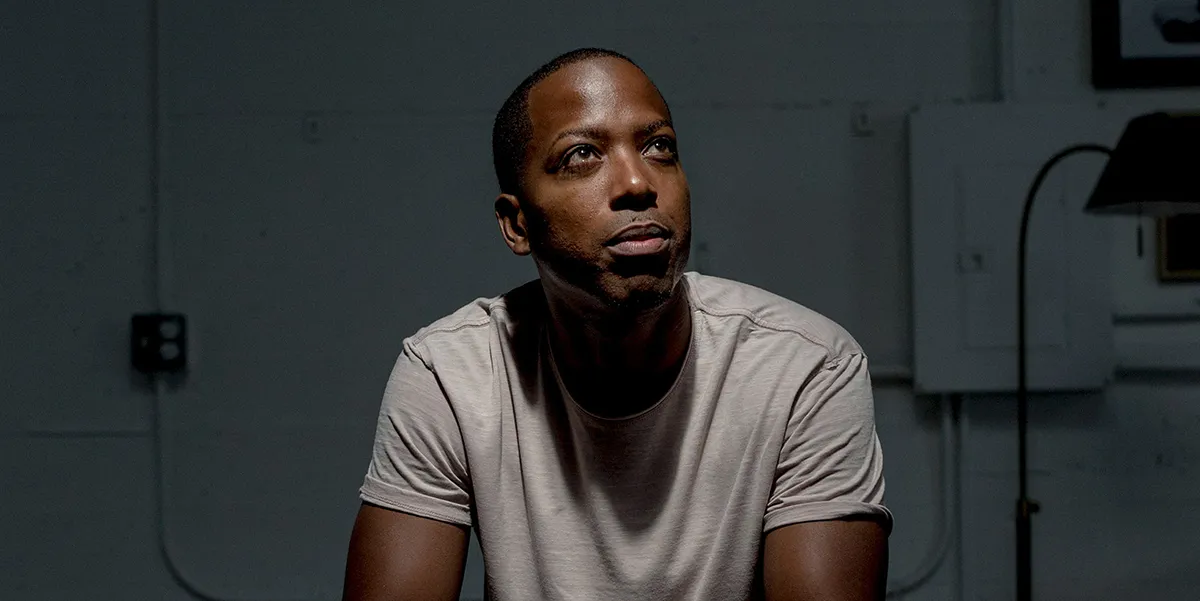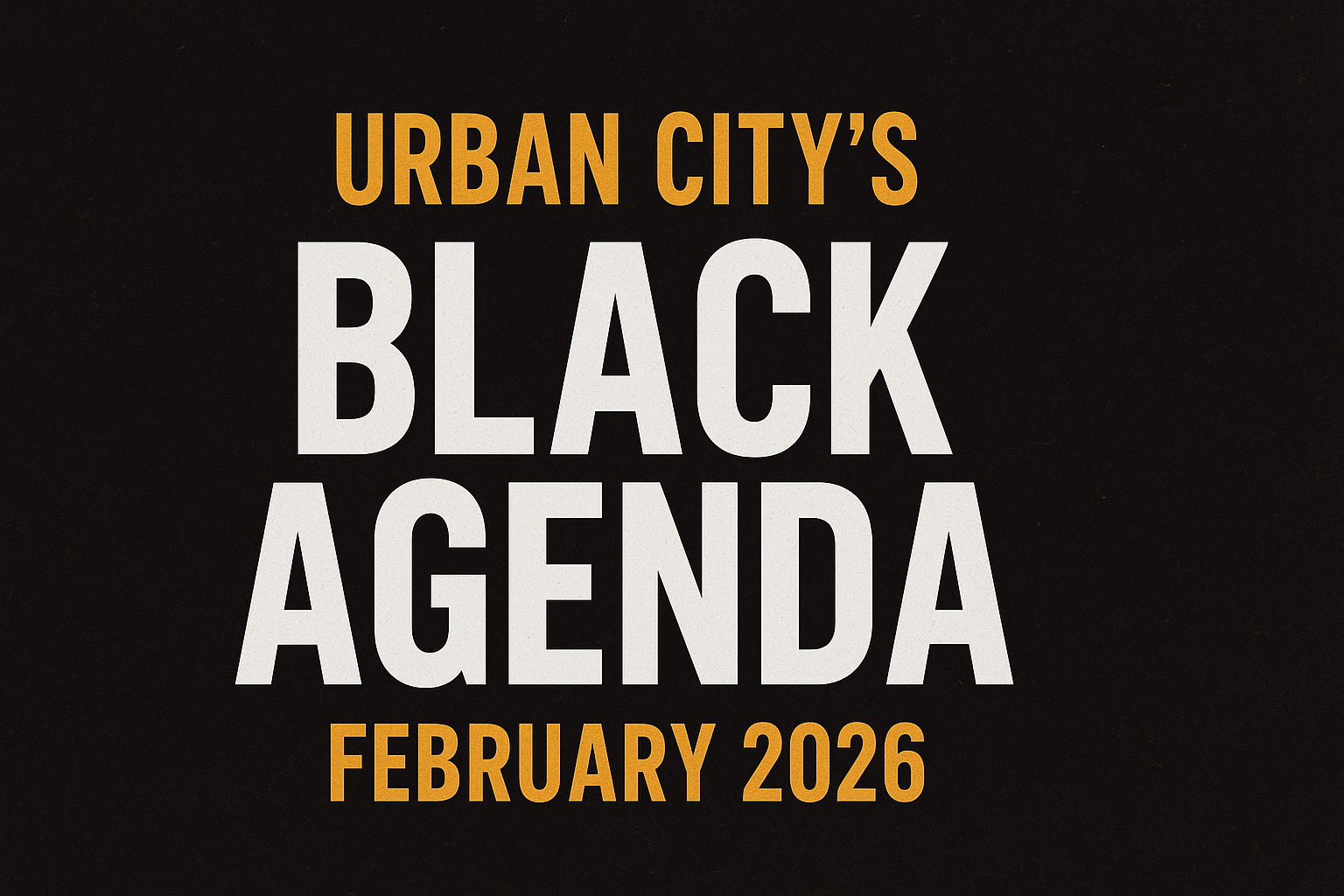Key Takeaways
- Music scores and soundtracks are integral in shaping narratives, deeply immersing the audience in the story.
- Composers like John Williams and Hans Zimmer create melodies that evoke strong emotions, acting as a guiding presence through the narrative’s highs and lows.
- A few musical notes can create entire worlds within a story, significantly enhancing the storytelling experience.
The Impact of Music on Storytelling
Music scores and soundtracks shape the way stories unfold, pulling you into the narrative’s heart. They’re crafted by geniuses like John Williams and Hans Zimmer, who know how to strike a chord in you.
These melodies stir emotions, guiding us through highs and lows like a trusted companion.
It’s fascinating how a few notes can conjure entire worlds and amplify storytelling. What sparks such profound connections between sound and story?
Notable Composers
When it comes to film scores, you’ve certainly heard the magic crafted by some of the most notable composers in the industry.
John Williams masters thematic motifs in iconic films like *Star Wars*, infusing energy that transcends generations. He adopts experimental techniques inspired by classical greats, creating unforgettable sounds. Rachel Portman is renowned for being the first female composer to win an Academy Award, pioneering the path for women in an industry predominantly led by males.
Now, imagine Bernard Herrmann, whose collaboration with Hitchcock produced *Psycho*’s unforgettable motifs. His approach was uniquely philosophical, integrating atmospheric music that gripped audiences’ emotions.
Hans Zimmer, another giant in this domain, blends synthesizers with orchestras using innovative techniques. His work on *The Thin Red Line* introduced novel soundscapes that influence entire productions.
These composers’ experimental spirits and thematic genius continue to shape the emotional narratives of modern storytelling.
How Sound Shapes Emotion
Sound is an incredible tool for shaping emotions, acting as a bridge between our environment and the depths of human feeling. When you listen to music, specific brain regions light up, enhancing your emotion perception.
Auditory cues like changes in pitch or tempo work their magic by firing up the frontal cerebral cortex, where joy and reward are processed.
Interestingly, the hippocampus isn’t just about memory; it plays a part in regulating stress and nurturing social bonds through music-evoked emotions. You might experience goosebumps during an intense song, highlighting dopamine’s role in building your sense of connection.
Music offers more than just a soundtrack—it’s a tool for wellness, empowering you to explore feelings and strengthen ties with those around you.
Best Soundtracks This Year
Here’s a glance:
| Soundtrack | Key Feature |
|---|---|
| *The Brutalist* | Jazz chaos, melancholic motifs |
| *Wicked* | Broadway themes, cinematic touch |
| *Skeleton Crew* | Orchestral wonder, innocence |
These soundtracks don’t just charm; they resonate, enriching everyone’s storytelling journey. Immerse yourself in these compositions, and feel them uplift your mood and perspective.
Assessment
You think you’ve seen it all, yet the magic of music scores and soundtracks always manages to surprise you. They quietly slip into your heart, evoking emotions you didn’t ask for but secretly crave. Ironically, a simple melody can tell a story more effectively than a thousand words.
So, next time you watch a film, pay attention. You might find that music shapes the story almost as much as the plot itself. Who knew?
Stay inspired!
